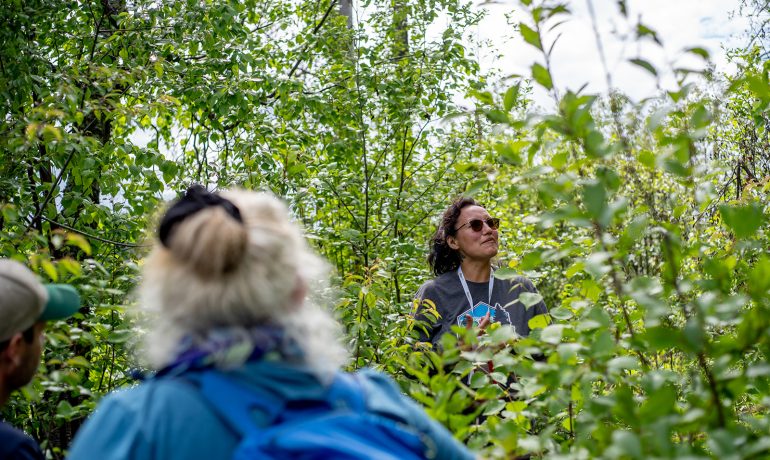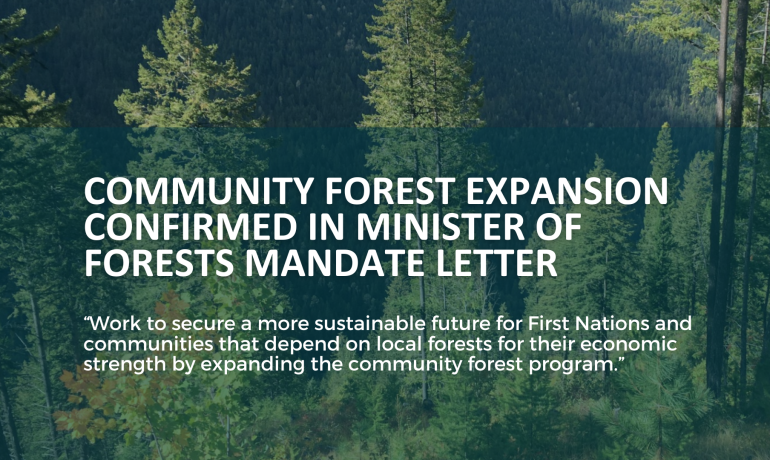Researchers at the University of British Columbia have released a report for a project completed with support from BCCFA as well as the Union of BC Municipalities, First Nations Emergency Services Society, and the BC Wildfire Service (all members of the Provincial Fuel Management Working Group). The researchers interviewed a sample of Community Forest Managers from across the province to learn more about perception of risk in the wildland-urban interface as well as to explore unique community-based solutions to wildfire risk and mitigation.
“Communities throughout BC continue to be aware of and very concerned about current and future threats from wildfire in the wildland-urban interface (WUI). There was overwhelming agreement that improvements are needed to address key barriers to community engagement with prevention programs, including governance and capacity issues. In addition to more financial resources, a clear outline of funding programs and more effective communication and collaboration across agencies and boundaries are needed in order to improve the capacity of communities to respond to wildfire risks. Barriers to engagement in government-led wildfire prevention programs are not related to perceptions of risk (which are high), but rather linked with resources, capacity and support. There is consensus that all levels of government – municipal, regional, provincial, federal, and First Nations – as well as industry and business, and individual homeowners – should be doing more to reduce wildfire risk. Solutions to enable community action should prioritize the most at risk communities and must account for cultural differences.”
Read more about the project here or click here to read the report.
Related Post
As Published in Canadian Forest Industries Magazine, Pulp & Paper Magazine and Canadian Biomass Magazine
Jennifer Gunter’s Op Ed, “Community Forests: Rooted in Community,
Minister of Forests Mandated to Expand BC’s Community Forest Program
In the recently released mandate letter to the Minister



